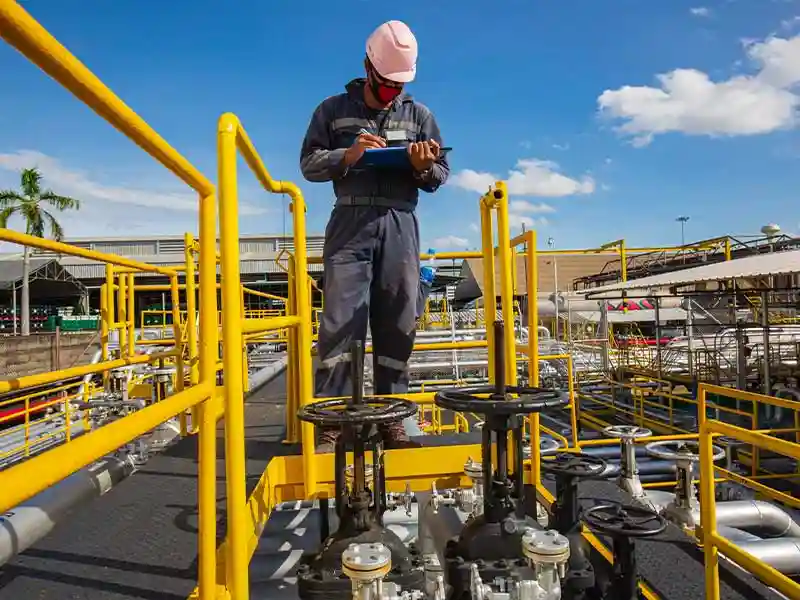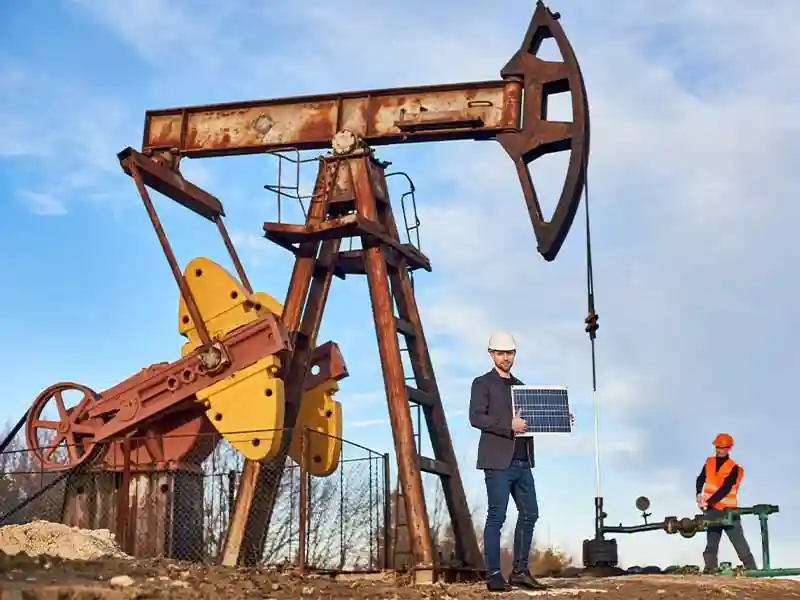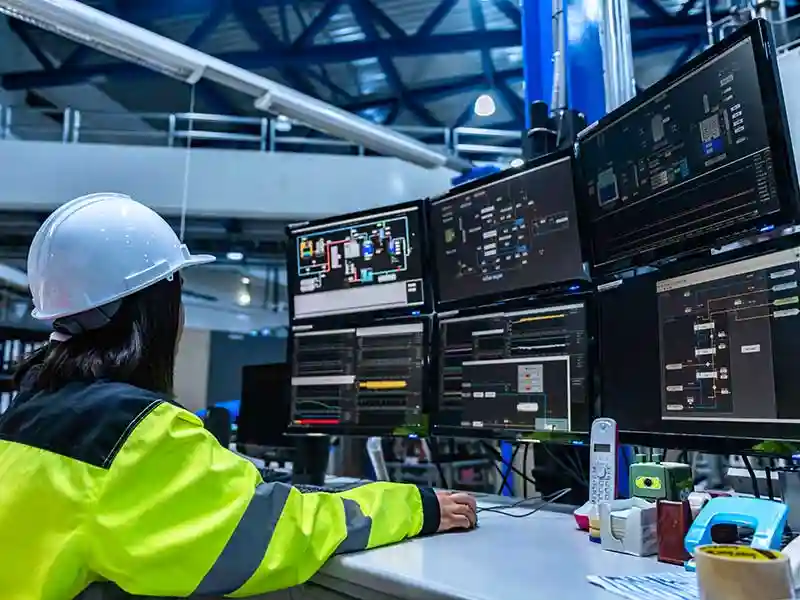
Boilers and steam generating systems are considered highly complex elements of equipment which operate at very high pressures and temperatures. These demanding operating conditions require good quality of construction materials and professional fabrication. Safe and efficient operation of boilers requires that a special attention to be given to the reliability of equipment for steam generation as well as efficient steam system management. This course is intended to introduce delegates to safe operation of boiler units and the associated equipment for steam generation and steam distribution. Methods and techniques of energy saving related to efficient steam distribution system management will be explained in detail. The course will be primarily focused on practical aspects related to operation, control, maintenance and troubleshooting of problems encountered in boiler systems. The course will also cover reliability of boiler units, as well as on efficient management of the entire steam system. Practical examples and workshop exercises from real life industrial practice will be utilized throughout the training course to emphasize the key learning points

This program develops an essential understanding of Oil & Gas Exploration & Production (E&P) accounting, reporting, and performance measurement issues and practices. It develops your ability to prepare, use, and critically evaluate information on E&P activities, applying specialist industry knowledge and relevant analytical skills. The program is designed specifically for those who have a basic understanding of accounting but who need to understand more about accounting and financial reporting policies and practices in the upstream oil and gas industry. Topics covered include the successful efforts and full cost methods of accounting, the classification of assets as tangible or intangible, the unit of the production method for depreciation of capitalized costs, the testing for impairment of oil and gas assets, and accounting for removal and restoration of oil and gas facilities

Regulatory and public pressure is mounting for companies to improve their impact on the environment. This training course helps your personnel develop the skills and knowledge to achieve your environmental objectives. No matter your industry, a systematic approach to environmental management is vital to protect your reputation in today’s business world. Implementing an Environmental Management System (EMS) such as ISO 14001 enables you to effectively respond to growing regulatory and public scrutiny, improve energy and waste management efficiency and cut operating expenses.

The environment of current business requires an increased focus on practices and skills in planning projects and work, properly organizing tasks, and one’s work to improve productivity and delegating work to empowered staff. Businesses and indeed, all organizations, find themselves needing more productive methods of planning, more appropriate goals, and effective means of accomplishing work. A focus on using productive best practices allows for effective and efficient management of work and making changes in the organization.

Budgets are an essential financial tool, which aid, planning, decision making, resource allocation, coordination, and control.

Covering the entire project life cycle, this course is based on the best practices found in the Project Management Institute's A Guide to the Project Management Body of Knowledge (PMBOK® Guide). In this program you will learn how to: Establish and accomplish goals that are linked directly to stakeholder needs. Utilize tried and proven project management tools to get the job done on time, within budget, and in accordance with requirements. Work through a proactive approach to risk that will give you a clear understanding of both qualitative and quantitative risk analysis.

Financial skills and knowledge are necessary for all managers in all organizations. A more challenging business and economic climate and an increase in financial delegation is making this even more so. Many senior professionals miss formal training in finance and often feel uncomfortable when discussing financial matters with their peers and financial professionals. This interactive and engaging program addresses these important issues.

Benchmarking studies on various oil refineries around the world have shown that rotating equipment accounts for more than 20% of all maintenance and inspection costs. Also, rotating equipment is often at key nodes of the process and is frequently critical to production. Therefore failure would lead to unacceptable downtime costs.

Like most facets of modern business, the management of property and assets has to meet the same Imperatives of controlling costs and maximizing returns. Therefore it is imperative that you grasp and Optimize your property management skills to ensure you meet the demands of the competitive property market. Through a comprehensive analysis of best practice techniques, national and international experiences, Individual and group exercise you will be able to focus your management thinking and learn new Approaches. Don’t miss this opportunity to gain a competitive edge through Best Practice Property Management